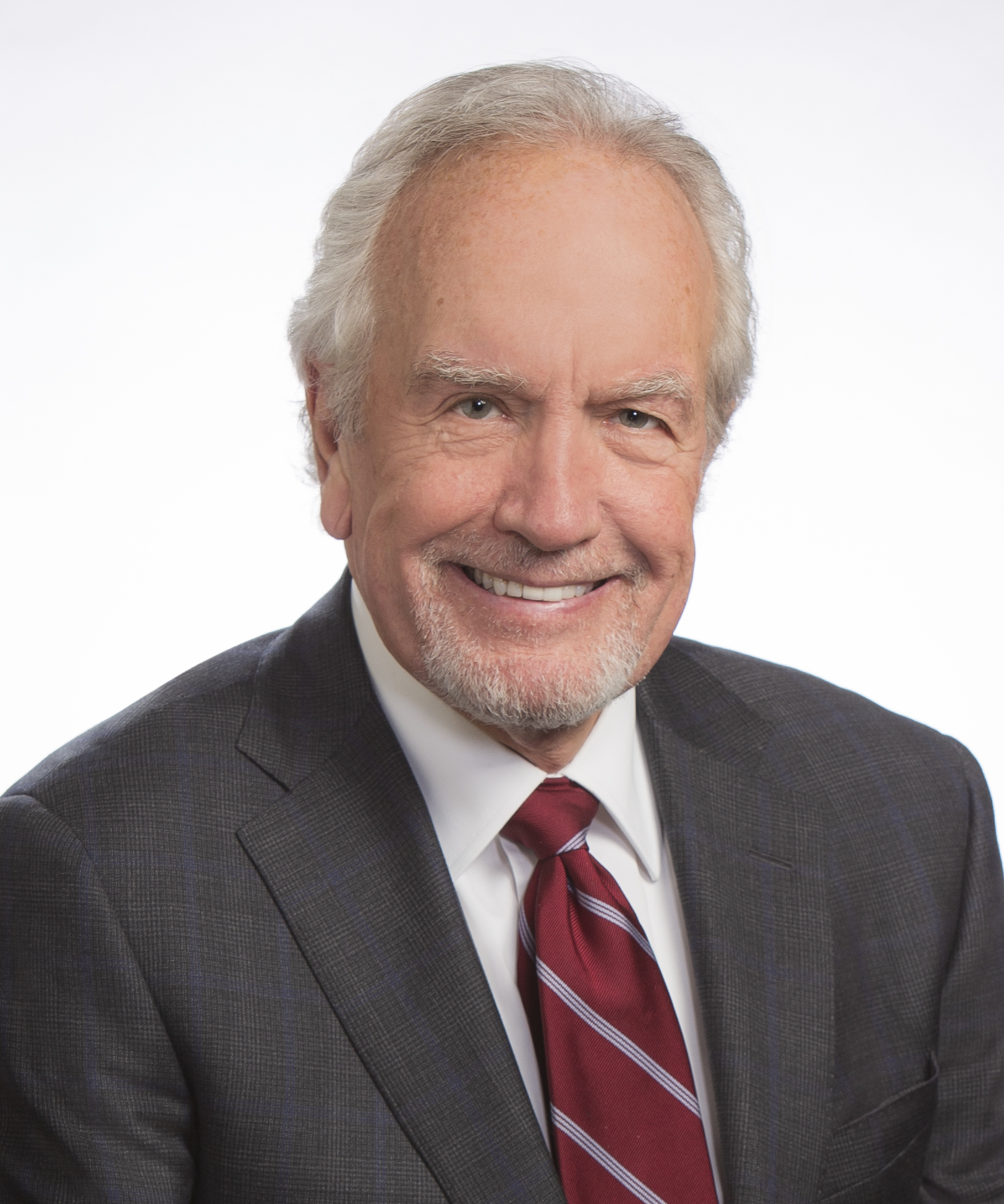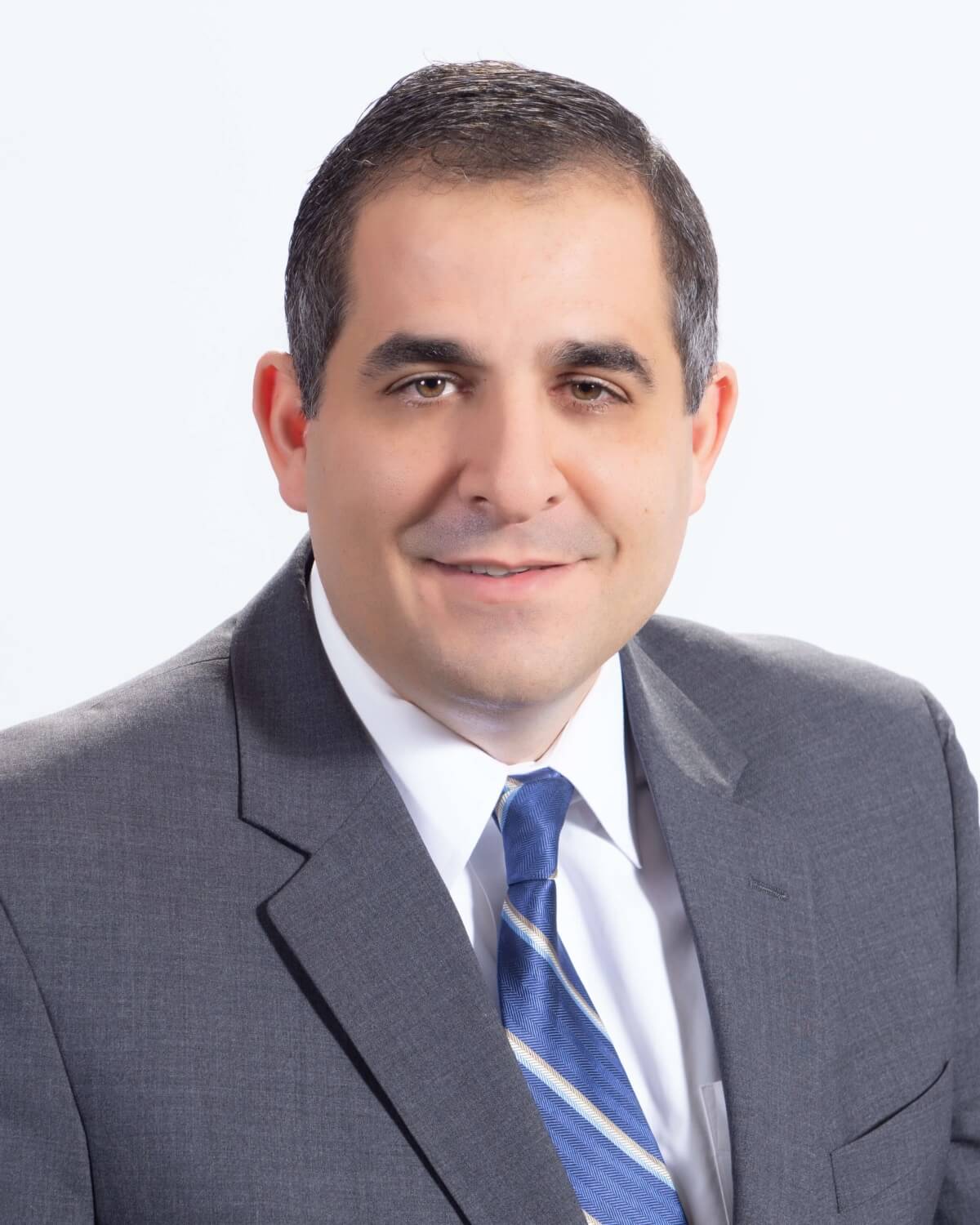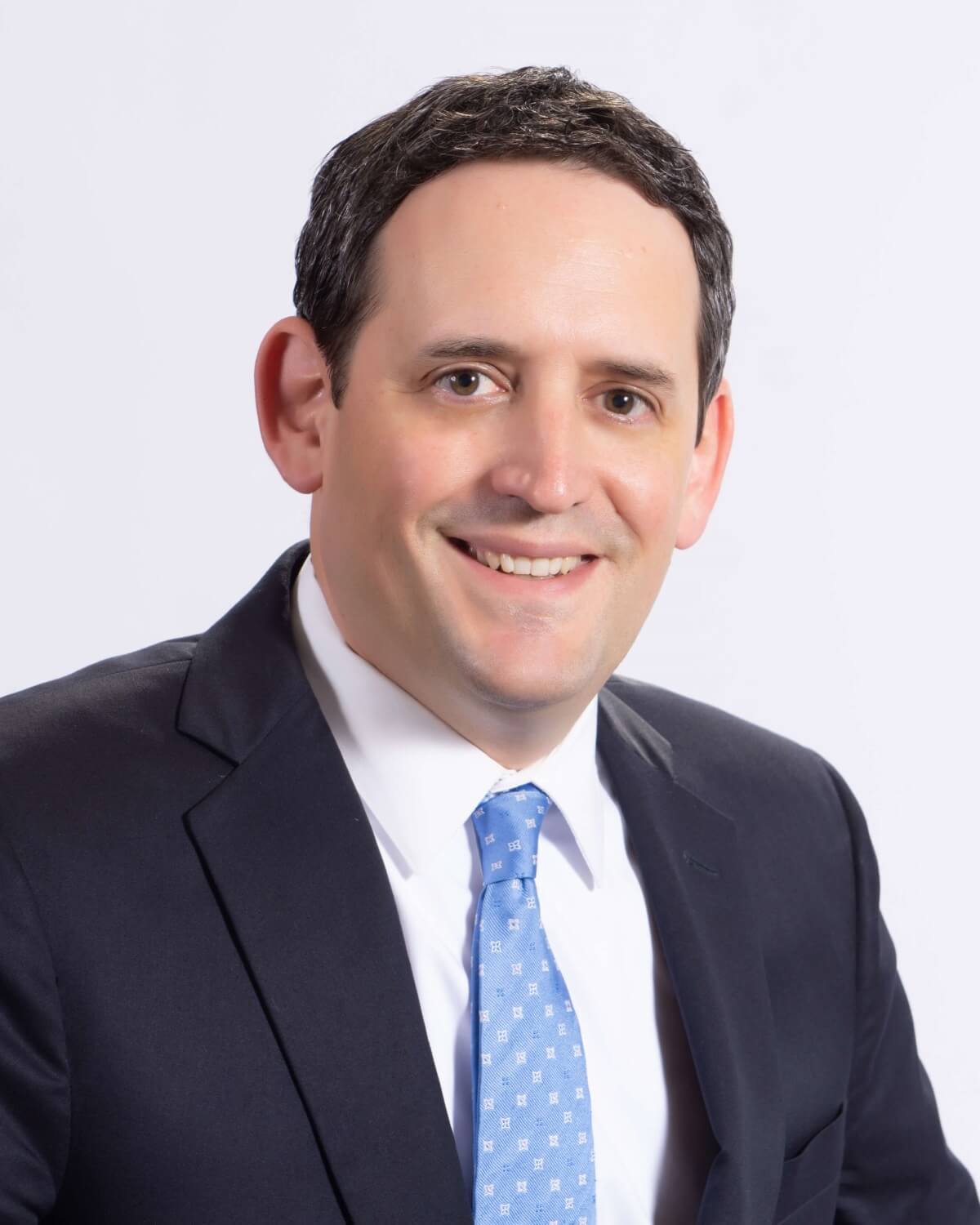KHVPF Insight

Employment-DEI Impact Of Students For Fair Admissions
There has been a lot of buzz about what Students for Fair Admissions Inc. v President & Fellows of Harvard College, 143 S.Ct. 2141 (2023), means for employers and their voluntary diversity, equity and inclusion (“DEI”) initiatives. The Court held (6 to 3) that race-based affirmative action programs in college admissions processes violate the Fourteenth Amendment’s Equal Protection Clause.
While Students for Fair Admissions did not expressly change workplace anti-discrimination law or address the legal permissibility of employer affirmative action or DEI programs under Title VII, the employment community should be mindful of the implications this decision could have on employment programs designed to enhance opportunities for diverse job applicants and employees, including their voluntary DEI programs.
In the Students for Fair Admissions case, two Justices—Gorsuch and Thomas—stated that Title VI (the law at issue) should be interpreted the same as Title VII. Justice Gorsuch’s concurrence thus signaled that anti-diversity activist groups should mount Title VII challenges to DEI programs as vehicles that employers use to discreetly “discriminate” against non-diverse employees. Not two months later, such anti-diversity advocacy groups took up the cause. One group, called the “American Alliance for Equal Rights,” sued two law firms—Perkins Coie and Morrison Foerster—alleging “rank discrimination” against white law students because they were excluded from the firms’ fellowship programs. Both law firms quickly settled, with Perkins Coie agreeing to open its diversity fellowship program to all first-year law students, and Morrison Foerster making similar changes to its DEI fellowship program.
Other activist groups, such as America First Legal headed by former Trump administration official Steven Miller, are amassing war chests and gearing up for legal challenges against large companies such as Starbucks, Morgan Stanley, and McDonald’s. Their planned focus reaches beyond the sorts of employer decision-making that has historically given rise to Title VII and Section 1981 cases (such as hiring, firing, promotion, demotion and compensation decisions). Rather, these groups are targeting a range of initiatives, including DEI programs, commitments to use diverse suppliers, and statements in support of diversity which they claim discriminate against white people.
In assessing the potential legal risks going forward, employers should not overreact and dismantle their DEI programs, or even scale them back to any significant degree if they are race and gender neutral and their focus is on providing an equal opportunity for all employees. Soon after Students for Fair Admissions, the EEOC issued a statement that it “remains lawful for employers to implement diversity, equity, inclusion, and accessibility programs that seek to ensure workers of all backgrounds are afforded equal opportunity in the workplace.” And traditional DEO programs that focus on improving the workplace environment for all workers by fostering a greater understanding of each other’s differences and varied backgrounds should still be embraced, as should EEO policies designed to deter discrimination and retaliation for all employees.
Even so, a prudent employer would be wise to assume there will be a heightened level of scrutiny going forward and thus should re-examine their DEI programs, as well as any efforts used to test for workplace inequities and balance opportunities, to ensure that they are race and gender neutral. While the greatest risk will be for programs that can be classified as giving members of one race or gender access to training or other opportunities not afforded to another, activist groups will likely also target more neutral policies (like data collection) that they will claim reveal an intention to covertly advantage diverse employees despite facially-neutral policy language. It is also anticipated that these groups, as part of their litigation strategy, will be to obtain internal communications that can likewise be spun as “proof” of nefarious hidden intentions underlying race-neutral DEI initiatives. The fallout from Students for Fair Admissions has already begun, and it will likely be years before there is certainty as to what DEI programs will be held acceptable by the Supreme Court.
A version of this Article appeared in the State Bar of Michigan Labor and Employment Law Section’s Winter 2024 Lawnotes.





